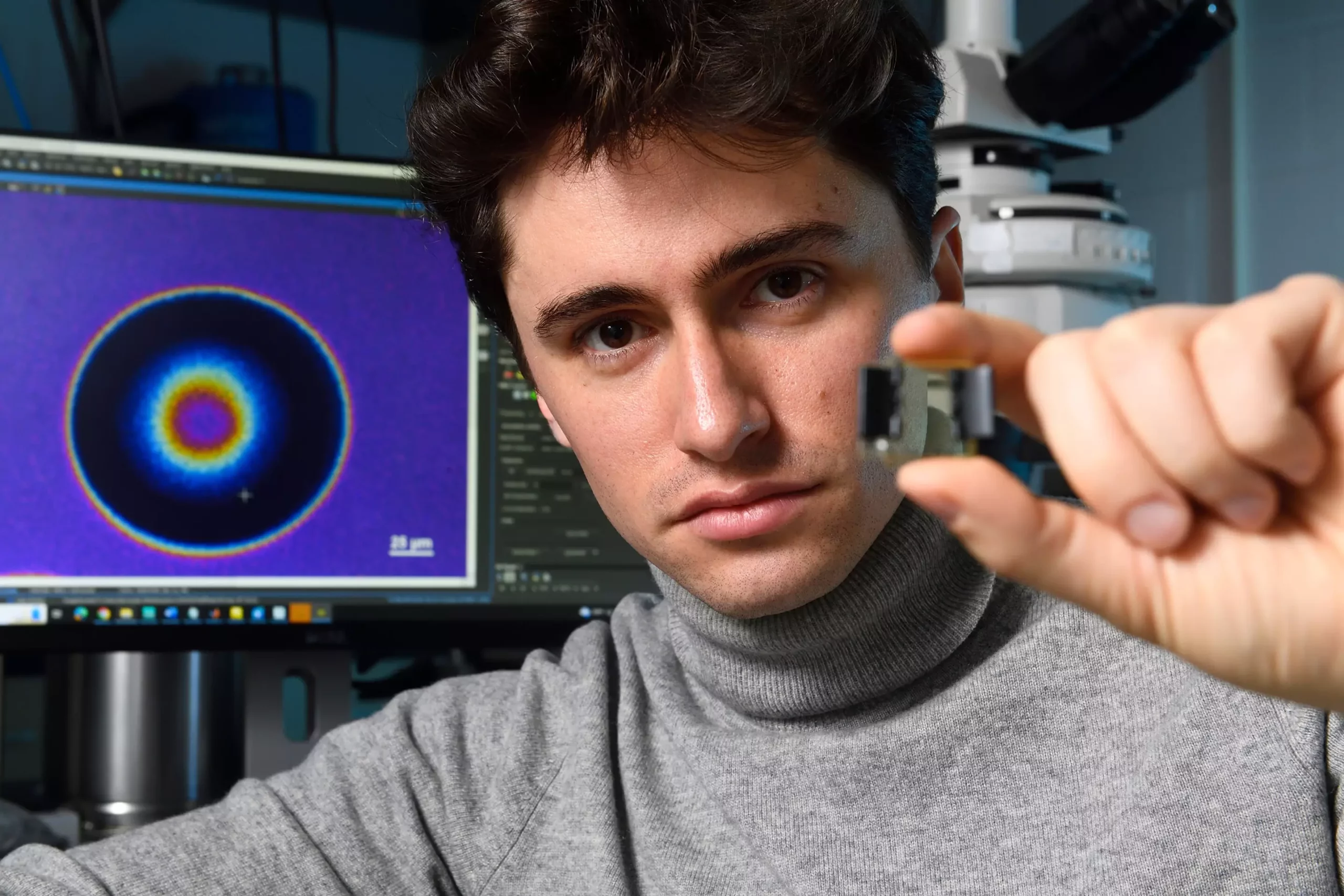Liquid crystals have long been used in computer displays and digital watches due to their unique properties. However, a new discovery has now expanded the potential of liquid crystal technology, opening up possibilities for the future of robotics and camera technology.
Manipulating Liquid Crystals with Light Exposure
Researchers at Johns Hopkins University have found a way to manipulate the orientation of liquid crystal molecules in three dimensions using light exposure. This discovery allows for the precise control of light and subtle movements, which could revolutionize industries that rely on liquid crystal technology.
By shining polarized and unpolarized light at liquid crystals through a microscope, the research team was able to create microscopic lenses of liquid crystals that can focus light depending on the polarization of the light. This method opens up new possibilities for programmable tools that can shapeshift in response to stimuli.
Applications in Robotics and Cameras
The ability to control the three-dimensional orientation of liquid crystals has significant implications for the robotics and camera industries. For example, soft, rubberlike robots could handle complex objects and environments more effectively, while camera lenses could automatically focus depending on lighting conditions.
The scientists are currently working on obtaining a patent for their discovery and plan to further test it with different types of liquid crystal molecules and solidified polymers. This research could lead to the development of new structures and technologies that were previously impossible due to the lack of control over the orientation of liquid crystals.
The manipulation of liquid crystals with light exposure has the potential to revolutionize the robotics and camera industries. This new discovery opens up a world of possibilities for creating programmable tools that can adapt to changing stimuli, leading to more advanced and efficient technologies in the future.


Leave a Reply